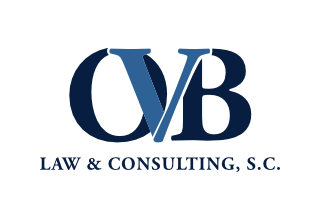Unpaid wages, or wage theft, occurs when an employer fails to pay an employee what they are owed. Though this is not an exhaustive list, withheld wages may include unpaid overtime wages, an intentionally miscategorized employee, unpaid leave or benefits, non-reimbursement of business expenses, and/or failing to meet minimum wage requirements.
If an employee suspects they have not been paid their due compensation, the first step for the employee to take is bringing the dispute to the employer’s attention. The unpaid wages may have been a mistake, and a quick remedy to this problem is to reach out to HR, a direct manager, or the payroll specialist to alert them of the error. Though it may be an uncomfortable conversation, many employers opt to fix payroll discrepancies by the next paycheck. If not fixed in a timely manner, they risk the employee filing a wage claim with the Department of Workforce Development or a civil lawsuit under state or federal law.
The Fair Labor Standards Act (FLSA) sets the Federal minimum wage. Employees such as servers, bartenders, or others who were paid less than $7.25 average per hour may have a claim against their employer. While the minimum wage for servers is $2.13 per hour, the employee’s tips combined with the $2.13 minimum hourly wage must equal the Federal minimum hourly wage of $7.25 per hour or the employer must make up the difference.
Additionally, Wisconsin law prohibits employers from withholding sums from employees’ paychecks for stealing company property or as a disciplinary measure for tardiness or other misconduct. Unless an employee is legally classified as an independent contractor, they are protected under § 103.455, Wis. Stat., also known as the “Faulty Workmanship Law”. This statute requires that the employee must be found guilty or be held liable in court of competent jurisdiction by reason of negligence, carelessness, or willful and intentional conduct if the employee does not agree in writing to have amounts deducted from their wages. Blanket authorizations, however, are often unlawful and employers must be cautious when withholding wages from employees.
Always note, employer retaliation is prohibited and unlawful. If an employee files a complaint with their employer or government agency to attempt to enforce a right permitted by a statute, such as minimum wage laws, they have full legal right to do so. As an employer it is important to fix payroll discrepancies as soon as possible. Certain states may even include penalties to business for late paychecks or underpayment mistakes. Using payroll software will take manual data entry out of the equation and will cut down on time spent managing funds. Punishing an employee with any of the protected actions stated above could yield legal action and being proactive with these claims is the best outcome for both parties.
At OVB Law & Consulting, S.C. we have years of experience counseling employers on human resources laws and fighting for employees’ rights. Our skilled team of transactional attorneys and litigators are well versed in state and federal employment laws and are ready to advise you of your rights.



